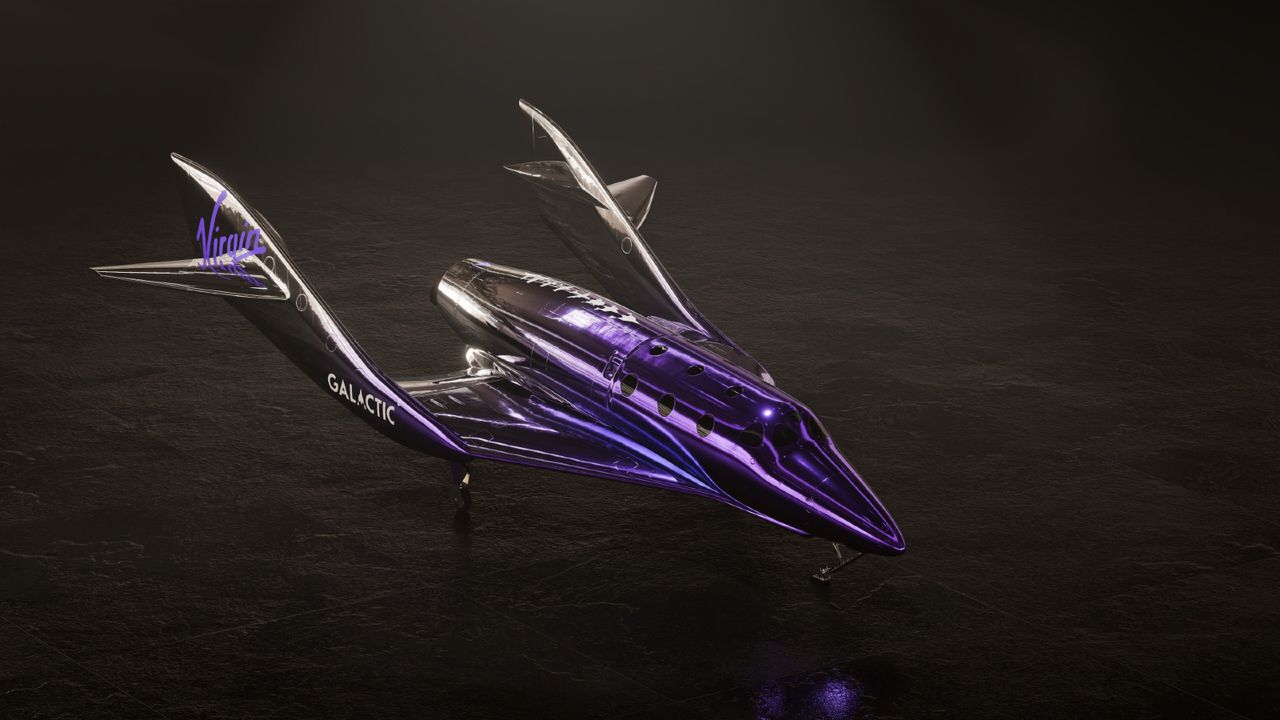Virgin Galactic is making significant strides in the development of its new Delta Class suborbital space planes, with the launch of both research and private astronaut flights anticipated in the fall of 2026. The company’s CEO, Michael Colglazier, confirmed during a recent conference call that the organization remains committed to achieving commercial service within the planned timeline.
Collaboration with the Lawrence Livermore National Laboratory is underway, focusing on a feasibility study to assess the potential of using Virgin Galactic’s mothership aircraft as a high-altitude carrier platform for launching other spacecraft. This initiative underscores the company’s ambition to expand its operational capabilities beyond traditional suborbital flights.
Progress on Delta Class Development
During the second quarter business conference call on August 6, 2025, Virgin Galactic provided updates on the construction of the Delta Class space planes. The ongoing development includes the assembly of wings, which is expected to be completed by the end of this year, alongside the innovative “feather” system designed to enhance stability during reentry. This critical technology is intended to ensure a safer landing process for the suborbital vehicle.
The construction of the Delta Class SpaceShip fuselage is projected to conclude either late this year or early in 2026. With assembly taking place at Virgin Galactic’s Delta facility near Phoenix, Arizona, the company is preparing for a significant increase in operational capacity. The Delta Class spaceships are designed to conduct up to eight space missions each month, offering twelve times the payload capacity of their predecessor, the VSS Unity.
Future of Commercial Spaceflight
Virgin Galactic’s approach to commercial space travel aims to revolutionize the industry by enabling human flights at a frequency that has not been previously achieved. The next-generation vehicles are expected to introduce an industry-leading cost structure that will make space access more attainable for a broader range of customers.
As part of its expansion strategy, Virgin Galactic is also exploring the development of a second spaceport in Italy. This initiative reflects the company’s commitment to enhancing its global presence and operational flexibility in the burgeoning commercial spaceflight market.
The ongoing work on the Delta Class program, overseen by Mike Moses, president of Spaceline, was highlighted in a recent “Galactic 10” video, showcasing key development milestones. With the successful execution of these plans, Virgin Galactic is poised to lead the way in commercial suborbital travel, marking a new era for the industry as it prepares for its ambitious 2026 launch schedule.
